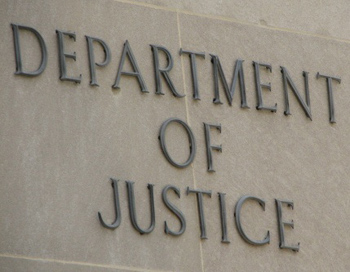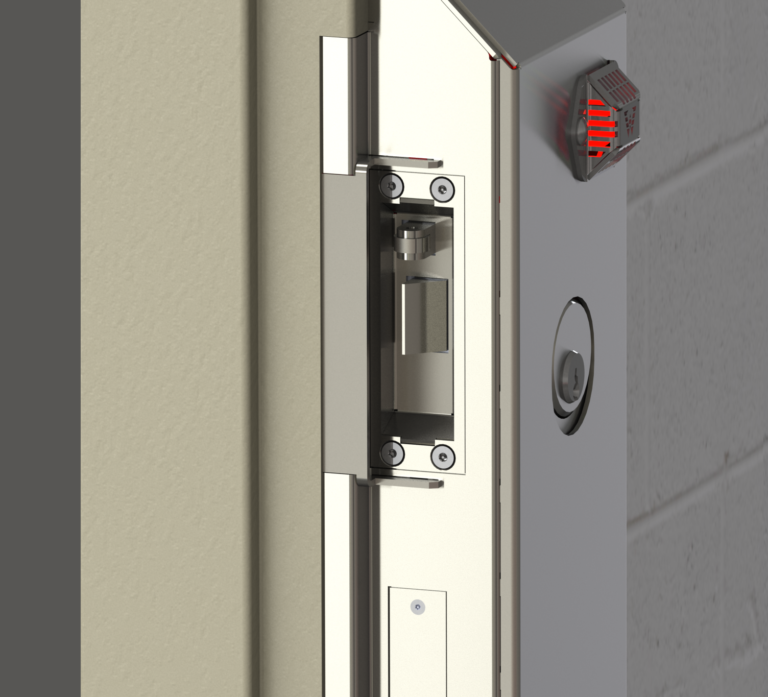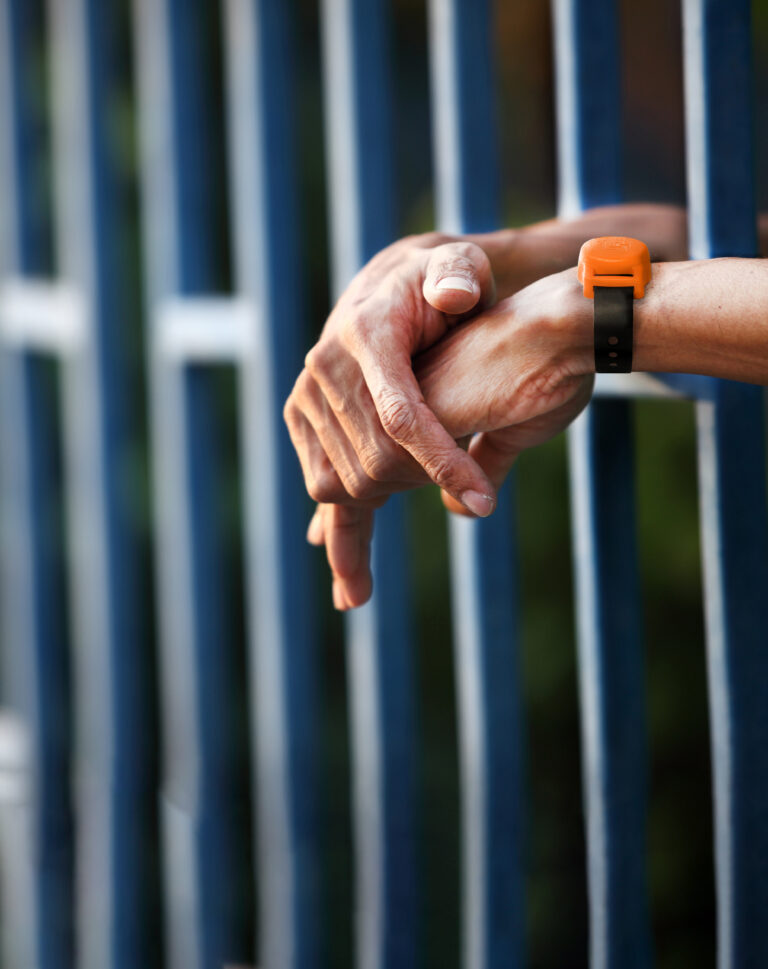DOJ and JCMSC Agreement Made in Memphis
 MEMPHIS, Tenn. — In December, the U.S. Department of Justice (DOJ) and officials in Memphis, Tenn., entered into an agreement to overhaul the juvenile justice system within Shelby County. The agreement comes after a prolonged battle that includes reports and claims of detainee mistreatment at the Juvenile Court of Memphis and Shelby County (JCMSC) by the DOJ.
MEMPHIS, Tenn. — In December, the U.S. Department of Justice (DOJ) and officials in Memphis, Tenn., entered into an agreement to overhaul the juvenile justice system within Shelby County. The agreement comes after a prolonged battle that includes reports and claims of detainee mistreatment at the Juvenile Court of Memphis and Shelby County (JCMSC) by the DOJ.
The DOJ’s Civil Rights Division reported, “JCMSC fails to provide constitutionally required due process to children of all races. In addition, we find that JCMSC’s administration of justice discriminates against African-American children. Further, we find that JCMSC violates the substantive due process rights of detained youth by not providing them with reasonably safe conditions of conferment,” according to the report.
Along with discrimination charges, the report by the DOJ also found that JCMSC personnel were holding young people in restraints for much longer than allowed under its policy. Following the report and the recent agreement signed by the DOJ and JCMSC, the county’s current juvenile justice policies will be revised. In addition to establishing new performance metrics for disproportionate minority contact (DMC) reform, the agreement also prohibits continued use of restraint chairs and pressure point control tactics by facility personnel.
The report went into detail about JCMSC’s lack of care and neglect of proper administration of juvenile justice and explained further the impact this could have on those youths. “Unfair and unequal treatment undermines the rehabilitation of young people who encounter the justice system,” according to the report. The report also stated, “Such failures often lead to a loss of liberty and may contribute to a child’s continued contact with the juvenile justice system and subsequent contact with the adult criminal justice system.”
The report indicated previous studies that have taken place to give proof to their claim, stating that studies show that a child’s initial interaction with the juvenile justice system may impact how the child progresses through the system at later junctures.
The agreement that was reached in December also includes better medical care and mental health treatment for young detainees. The changes will cost money in order to accomplish and will be charged to the county, however Larry Scroggs, Shelby County Juvenile Court System chief administrative officer told the New York Times that the policy changes may require time to be properly implemented.






